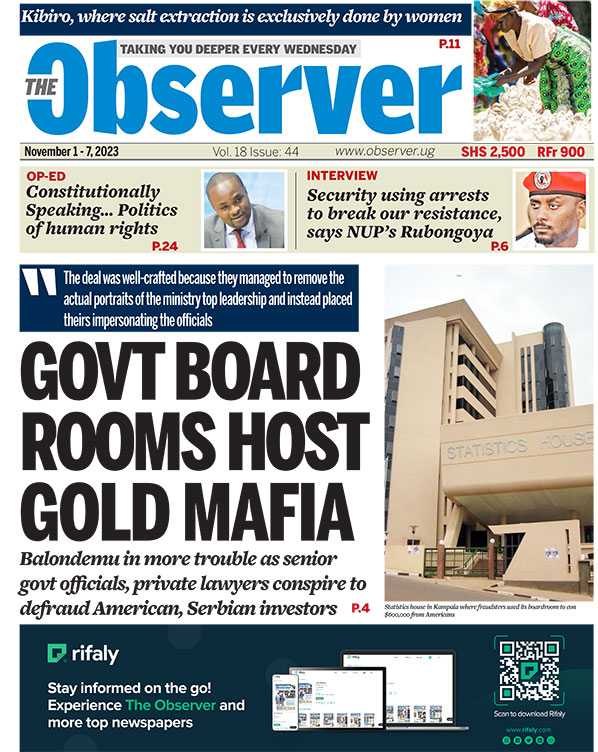Yesterday’s formula won’t work today, neither will today’s formula work tomorrow. It is the reality not only for individuals but for organizations. For Individuals, we see it with the changes of the world’s richest men. For organizations, we see this in market share positions. The best companies become their own competition, they anticipate the future, and bring it earlier to themselves. The best organizations deal with the future before the future must deal with them.
Yet, reinvention is costly and uncomfortable. To the existing employees, reinvention often feels like a change from the good old times. The existing employees will often have the nostalgia when things happened a certain way. And yet, nostalgia is also the biggest threat to a secure future. It’s not to argue that companies can’t acquire something from the past that could propel them forward. Rather, it’s to emphasize that quite often companies get stuck in the past, they spend much more time than they need to spend there.
If I told you, that many companies in Uganda are currently not aware of how much their industries have changed and what these changes are going to meet for their future. It’s not as simple as the inflation rising, and forex fluctuations. Because many tend to interpret the business world at this level of simplicity. And thus, the approach is often the same, companies will engage in cost-cutting measures. Sometimes the usual that include banning travels, out of office meetings, and team buildings to mention but a few. Some even look at cost-saving operations such as the limiting of printing paper. Although such measures could be necessary, they are not sufficient nor transformational enough to articulate the movements in industry.
Some then address these changes with restructuring, but again, that doesn’t address the core, the need for organizations to become reinventors. Today, for an organization to be world-class, it should have the ability to reinvent itself every reporting cycle. The higher the number, the better.
Everything changes fast, the demographics are changing every day, personal preferences change every day, yet the organization often tends to statism. This could be seen in a reluctance to overhaul processes and systems that return the same errors, in maintaining the same reports that do not paint an accurate picture of the reality. There must be something within the DNA of the organization that requires this reinvention.
And look, this could start on a micro-level. Employees could be rewarded for time spent working in another department. It could imply a change in sitting locations every quarter. Instead of the marketing guys occupying the same floor every day, why not send them to work from the operations side for a month? Why not let the engineers spend at least a day in the market every month? Every department must be learning from each other. It’s the ability to develop two mindsets.
How Organizations Re-invent?
The first mind-set is one of Inside-Out. That means, every function should see beyond what they do every day and look at the function that comes before and after them. What is it they are doing? How could they integrate better the upstream and downstream? Do managers know how their numbers contribute to the Profit and Loss statement or it’s work that’s left entirely to Finance? And Finance only comes to report, and announce budget freezes? Is Finance moving beyond reporting the number to driving the number?
The second mindset is one of Outside looking in. What would an outsider notice about your function? Quite often, those who occupy roles get hit with an industrial blindness, of we have always done it this way. Things we do always tend to become too obvious for us to notice the elephant lying in the room. It takes an outside look to ask the ‘stupid questions.’ Thus, every function should have someone that asks the ‘stupid questions’, that wonders why things are not done another way.
All reinvention strategies will often result from these two mindsets, an ability to look out from inside, and an ability to look in from outside. Only the organizations that reinvent can shape the market and not be shaped by the market. The only way you hold the market is by shaping the market. The market is moving so fast for one to play reactionary or catch up. Organizations should be actively shaping the market, and there’s only one way to it, it’s the way of reinvention.
As I think about this, the closest organization when it comes to Reinvention in Uganda has been the Observer Newspaper. A year after its formation, its main founder and visionary passed on. From the onset, the future of Observer looked gloomy. Newspaper businesses rarely survived the times in Uganda and this industry has always been one of the most turbulent ones. Yet, Observer did celebrate its 20th anniversary this year. The past two decades, it’s been closed the greatest number of times. Once, the employees came to the office one day only to find every equipment stolen. However, every time there’s been such a major incident, the Observer has always found a way to reinvent. It’s a case-study worth writing. How did a company with the shakiest start, manage to survive to its 20th anniversary? They cracked the ‘reinvention’ game. And only the reinvention game can get them to the next decade.

